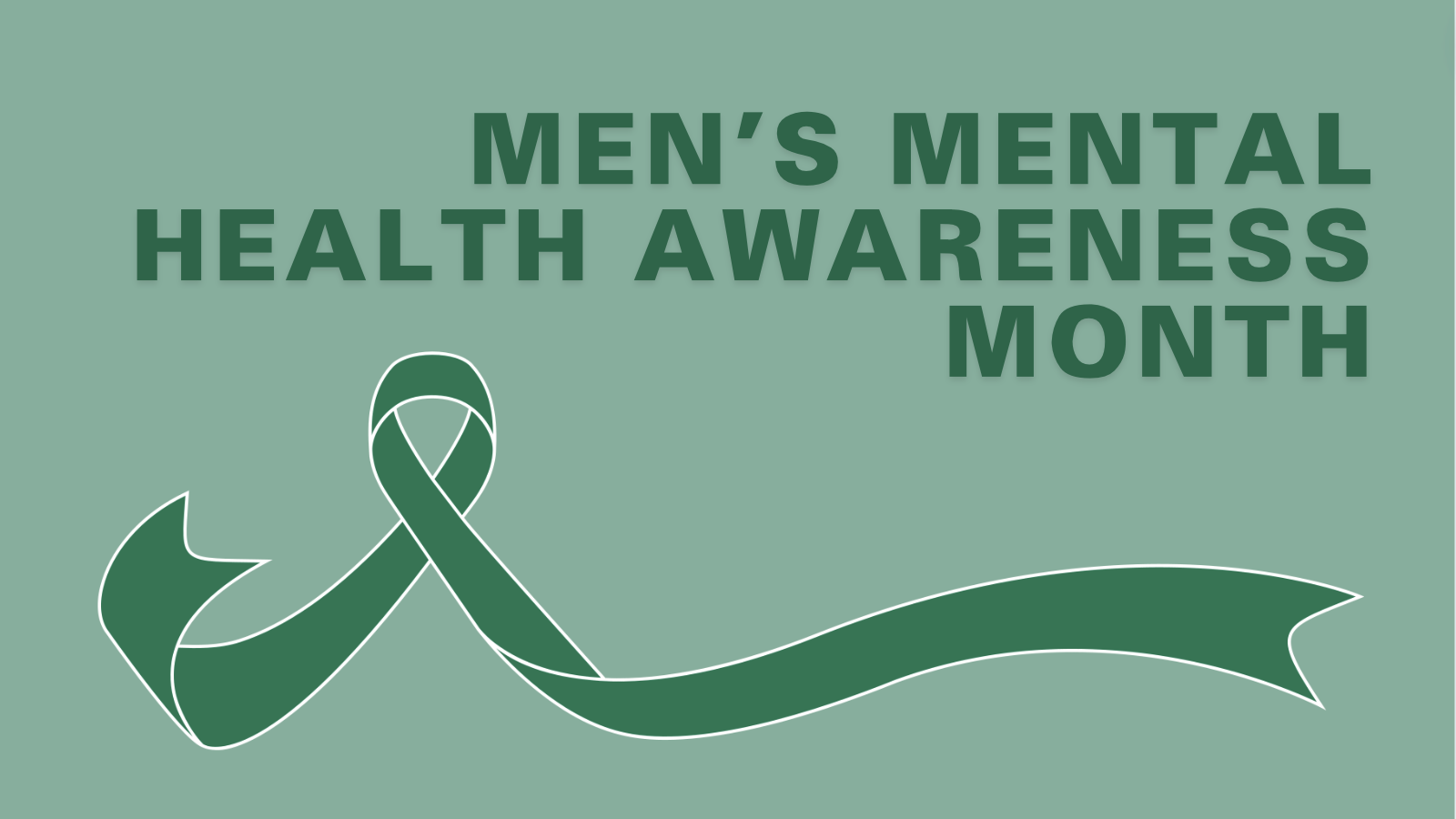World Mental Health Day
Today is World Mental Health Day, which is a part of World Mental Health Awareness Week. This time is an opportunity for all of us to reflect on the importance of mental well-being. This year’s theme centers on making mental health a universal human right, highlighting that everyone, no matter their circumstances, deserves access to mental health care, resources and support. At NC State, as we near fall break on October 14-15, it’s a fitting time to focus on prioritizing self-care, resetting our minds and finding balance.
Why Mental Health Matters
Mental health affects every part of our lives—our relationships, productivity, and overall sense of happiness. Despite its importance, mental health often goes overlooked due to the fast pace of modern life, academic pressures, and the stigma surrounding mental health discussions. Days like World Mental Health Day help shift the conversation toward more openness and understanding. By prioritizing mental health, we not only improve our own quality of life but also contribute to a more supportive and empathetic community.
Practical Ways to Prioritize Mental Health
Taking care of your mental health doesn’t have to be a complex process. Small, consistent steps can make a huge difference, especially during the hustle of the fall semester. Here are some practical strategies to help you manage your mental well-being:
- Take Breaks and Rest
The upcoming fall break provides the perfect opportunity to step back from academic and work responsibilities. Many students push themselves through long study sessions or demanding projects without recognizing the need for rest. Use this break to genuinely unwind. Whether it’s spending time with family, going on a weekend getaway, or simply catching up on sleep, giving yourself permission to relax is key to avoiding burnout. - Practice Mindfulness and Meditation
Mindfulness helps you stay present and reduces anxiety. You don’t need to dedicate hours; even a five-minute mindfulness exercise can help center your thoughts. Apps like Headspace and Calm provide guided meditation sessions that can help you focus on breathing and relaxation. Incorporating these exercises into your daily routine can help you manage stress more effectively, especially as exams or deadlines approach. - Stay Connected to Your Support System
Mental health thrives on connection. Reaching out to friends, family, or support networks can help combat feelings of isolation, which are common in academic settings. Sometimes, even a simple conversation can shift your mood. If you’re feeling particularly overwhelmed, NC State offers free counseling services to students through the Counseling Center. These services are designed to provide a safe space where you can talk about what’s on your mind without judgment. - Stay Active and Nourish Your Body
Physical activity has been shown to significantly reduce stress and boost mood. Whether it’s a brisk walk around campus, attending a fitness class at Carmichael Gym, or participating in a recreational sport, staying active can serve as a mental reset. Additionally, nutrition plays a huge role in mental health. Eating a balanced diet rich in fruits, vegetables, and proteins can help stabilize your mood and energy levels. - Set Boundaries and Manage Expectations
It’s easy to become overwhelmed when juggling classes, work, extracurriculars, and social commitments. Setting clear boundaries, both with yourself and others, can protect your mental health. Learn to say no when your schedule is full, and give yourself grace when things don’t go as planned. Managing expectations about what you can realistically achieve during busy periods is an important part of staying mentally well. - Take Advantage of Campus Resources
NC State offers numerous mental health resources designed to support students. The Counseling Center provides individual and group therapy, workshops, and crisis support. Additionally, the ThriveWell program offers wellness coaching and guidance on everything from stress management to developing healthy routines. Checking in with these resources before stress becomes overwhelming can help prevent larger mental health challenges down the road.
Using Fall Break to Recharge
The timing of NC State’s fall break couldn’t be more perfect. After several weeks of rigorous coursework and busy schedules, a two-day break offers a chance to reflect on your mental health and put these practices into action. Whether you stay local or head home, try to make the most of these days by disconnecting from stress and focusing on what helps you feel grounded.
You could use the time to:
- Get outdoors: Visit nearby parks like Lake Johnson or Umstead State Park for fresh air and a change of scenery.
- Catch up on sleep: Take the opportunity to rest and recharge your body and mind.
- Reconnect with hobbies: Whether it’s reading, painting, or trying a new recipe, engaging in activities you love can be restorative.
- Plan ahead: If you’re someone who feels better after organizing, use the break to plan out the rest of your semester so you can return with a clear head.
Moving Forward After Fall Break
While fall break can be a temporary reprieve, maintaining mental health is an ongoing process. Use what you’ve learned from this pause to carry forward practices that work for you. Incorporating mental health habits into your daily life can make a difference in how you handle the pressures of school and work in the weeks ahead.
World Mental Health Day is a reminder that mental well-being is just as important as physical health. As we celebrate this day and head into fall break, let’s commit to making mental health a priority for ourselves and those around us. Whether through mindfulness, connection, or rest, there are countless ways to support your mental well-being and create a more balanced life.
- Categories:



